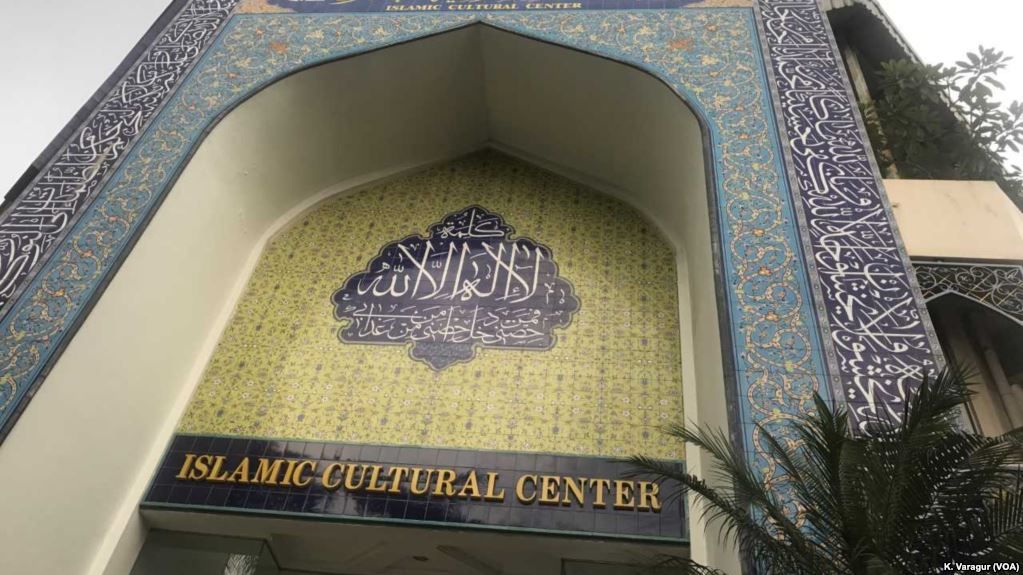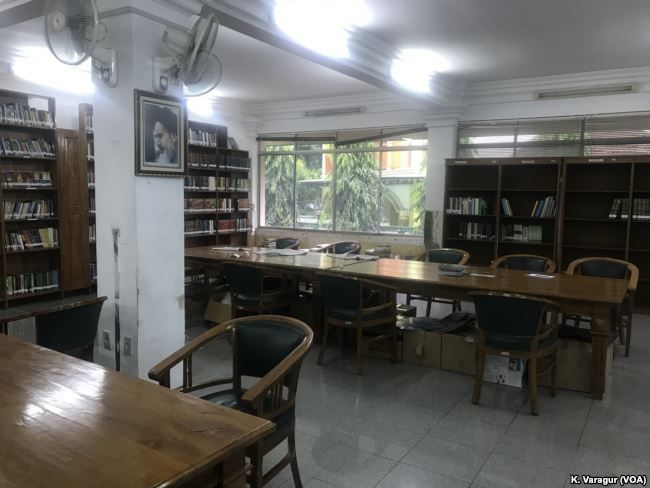JAKARTA, INDONESIA—The first month of the Islamic calendar, Muharram, is not a very big deal for most Indonesians, outside of New Year’s Day. But every night of Muharram since it started on Sept. 21, hundreds of Shia Muslims have come together at a tile-clad building in South Jakarta to ceremonially mourn the death of the prophet Muhammad’s grandson.
They listen to a live or streaming sermon in Bahasa Indonesia or Farsi and pray, often tearfully.
The mourning rites of Muharram are an important Shia tradition, but as Indonesia’s Shia minorities face growing intolerance, they have steadily lowered their profile. So this month’s nightly gatherings at the Islamic Cultural Center (ICC), which was built in 2002 with funding from Iran, are among the largest sites of Shia activity in the whole country.
Over 99 percent of Indonesian Muslims belong to the Sunni denomination, but that belies Shia cultural influence in the world’s largest Muslim-majority country. (Sunni and Shia are the two major Muslim denominations, which diverged early in Islamic history over a debate on the rightful successors to the prophet.)
Shia Islam may have been the first strain to reach Indonesia, through Arab traders who reached Aceh around the 12th century, and Shia traditions like ancestor worship and feast days for saints are still observed in pockets across Indonesia, even by Sunnis.
But most of Indonesia’s roughly one million Shia are concentrated in the Jakarta metro area, and the ICC is a nexus of their community.
Iranian Outpost in Indonesia
ICC, clad in blue and white ceramic tiles imported from Iran, is handily the most striking building on its drab, but busy, South Jakarta road. It’s open seven days a week and has a large Indonesian-language library, decorated with photos of the Ayatollah of Iran and framed posters of Iranian tourist sites.
Ali Hussain Alatas, the ICC’s secretary, is a Hadrami, Yemeni diaspora who have lived in Indonesia for centuries, often as prosperous traders. He grew up in Central Java and studied for five years in Qom, Iran, the global center of Shia scholarship.
“In Jakarta, we rarely have problems carrying out our activities, whether they are classes or religious celebrations,” said Alatas, over cups of tea at the center. “We maintain good relations with Nahdlatul Ulama, Muhammadiyah, and the government. But cultural understanding has really decreased in recent years.”

